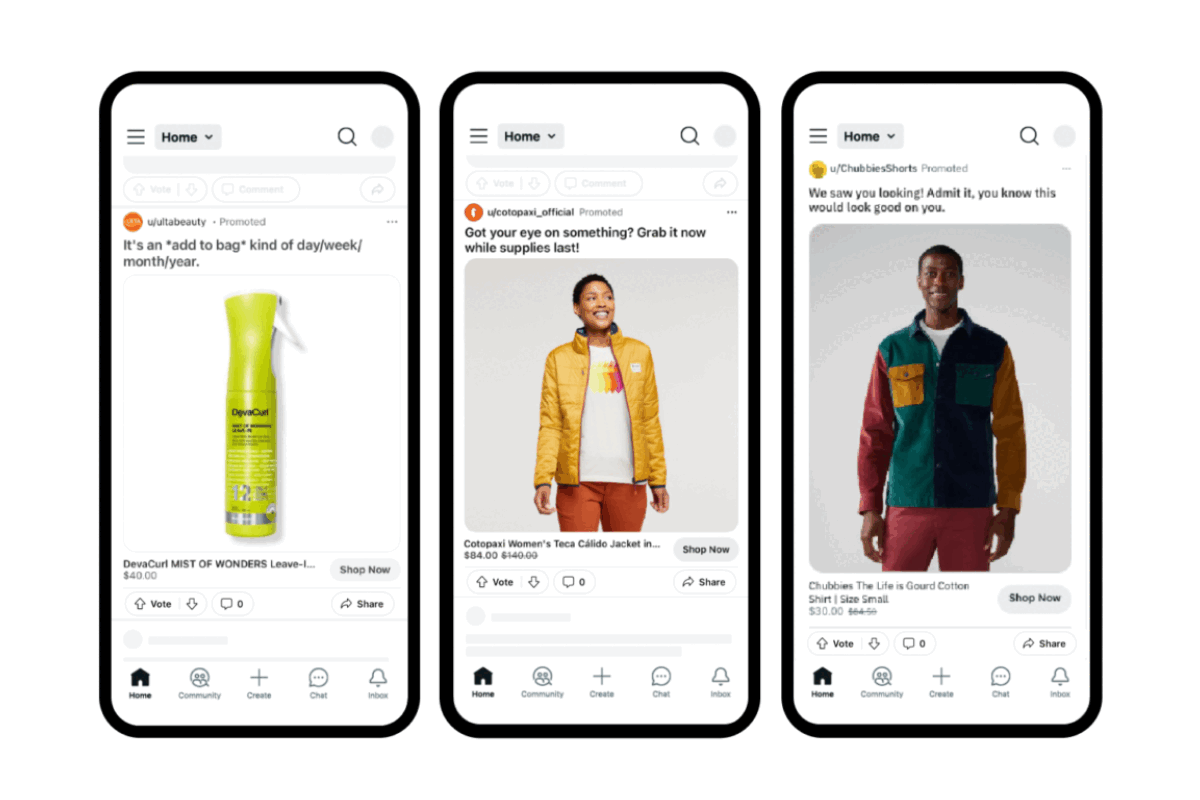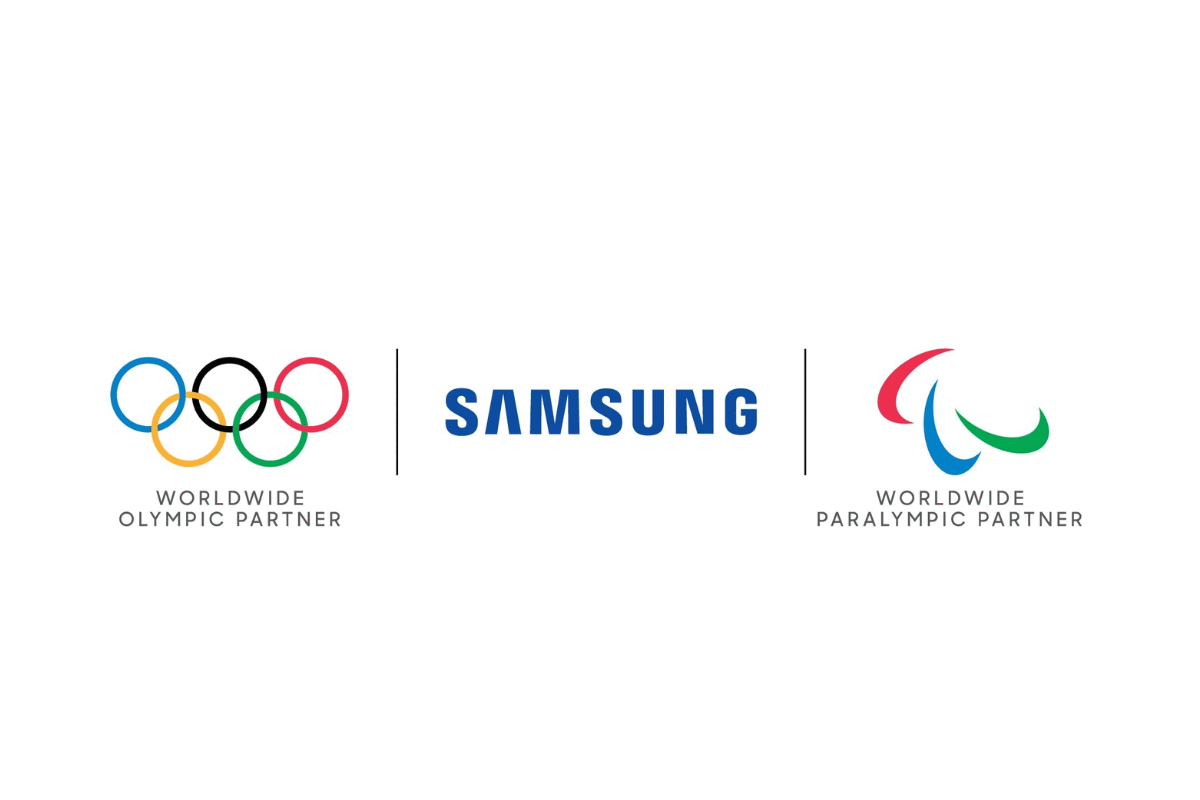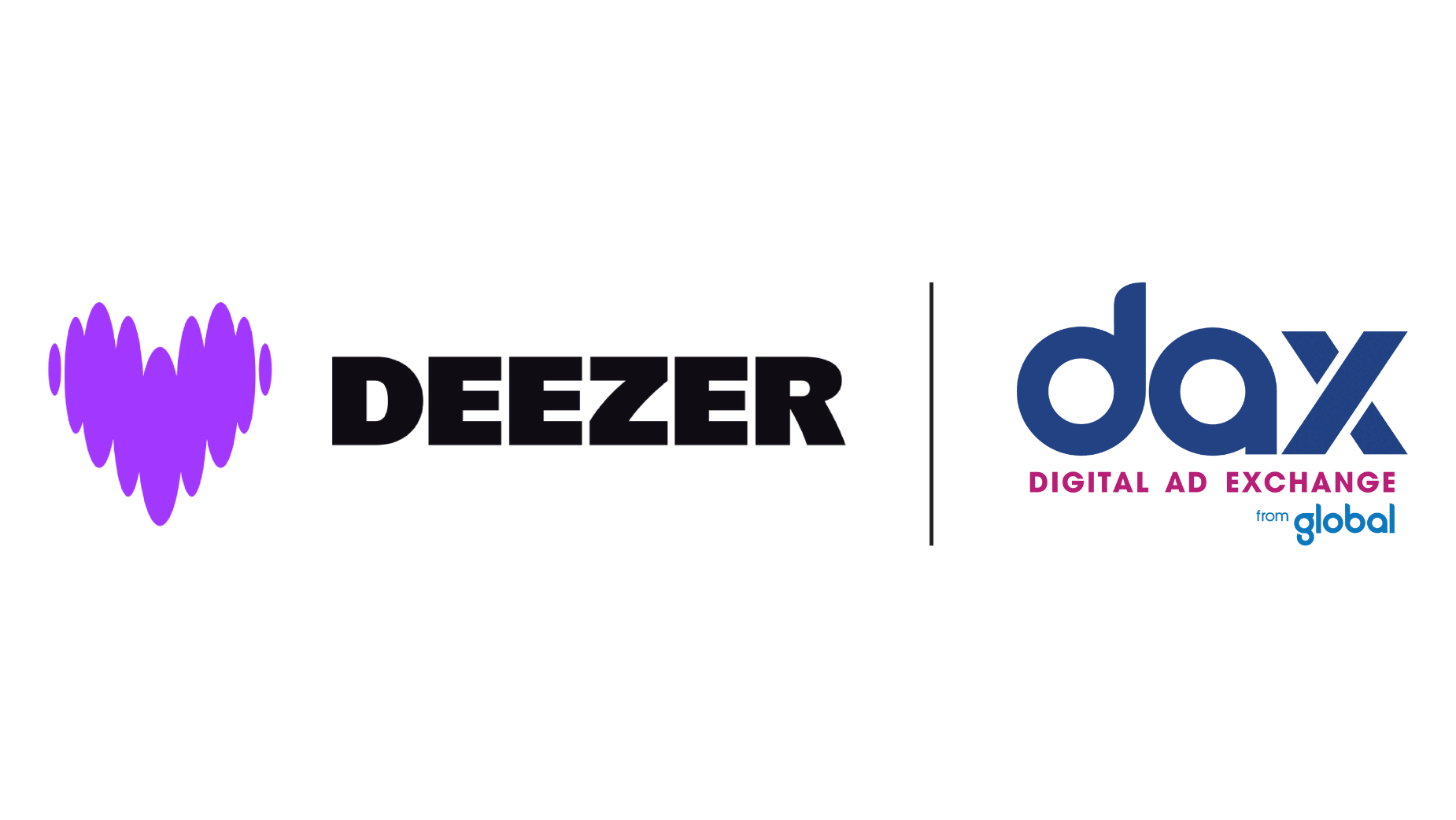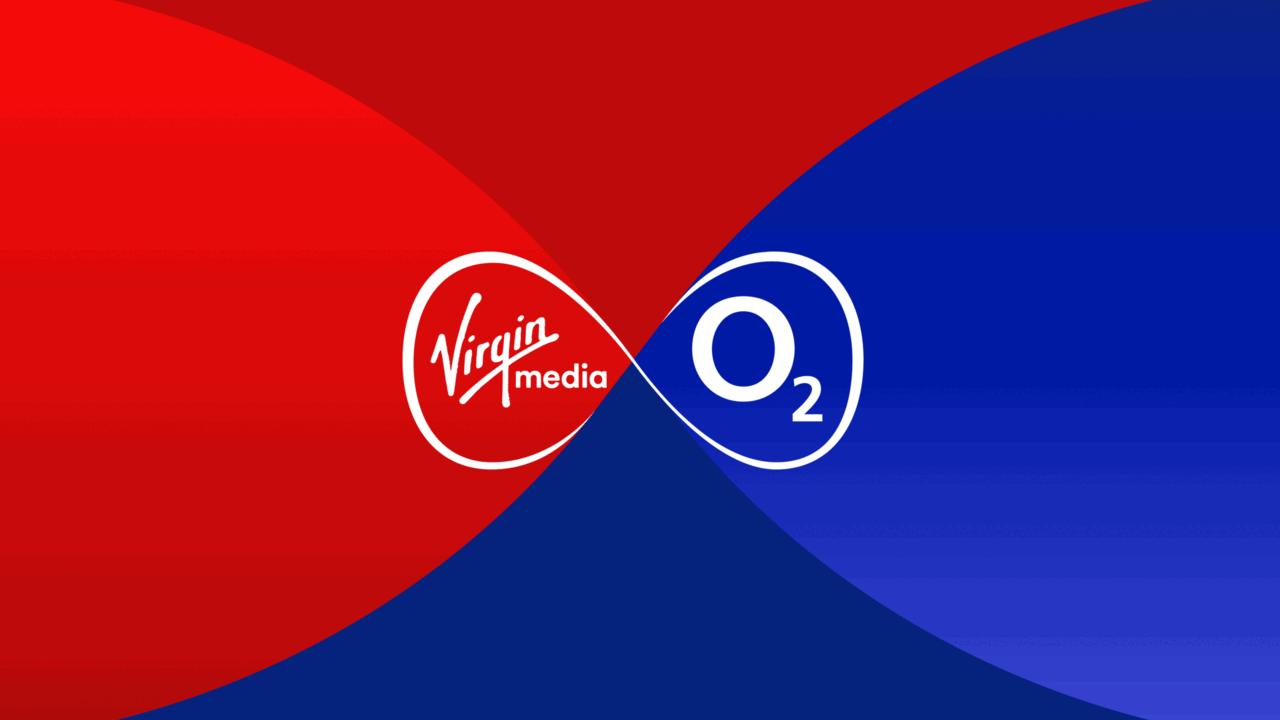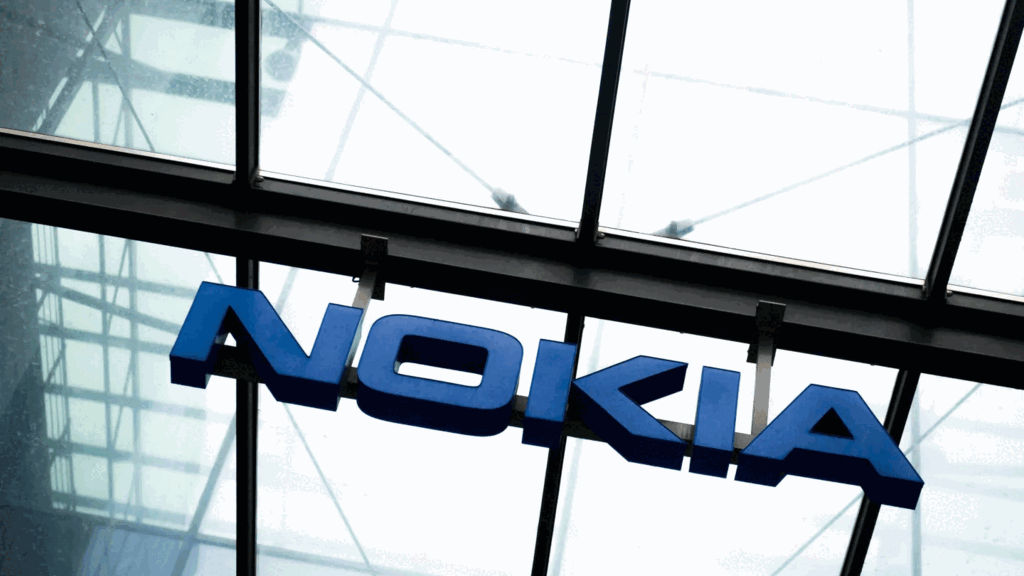Wi-fi set to dominate smart laundry and refrigeration sectors
- Thursday, January 4th, 2018
- Share this article:
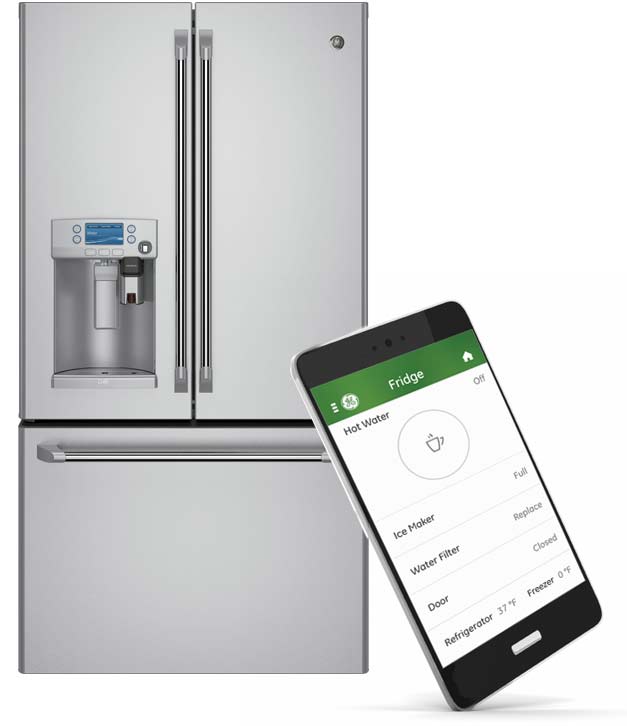 Wi-fi, rather than cellular connections, will dominate the smart laundry and refrigeration appliances sector, according to Futuresource Consulting’s latest Worldwide Home Appliance Market report.
Wi-fi, rather than cellular connections, will dominate the smart laundry and refrigeration appliances sector, according to Futuresource Consulting’s latest Worldwide Home Appliance Market report.
The report notes that connected refrigerators and washing machines more than doubled in sales in 2017 and are on course to represent more than half of the global market by 2021.
In the report, which has a special focus on smart laundry and refrigeration appliances, wi-fi is found to dominate connectivity, because it can feed data back instantly to manufacturers which, in the long term, have an opportunity to become service providers.
Laundry is a €340bn (£302bn) market worldwide, whereas refrigeration is worth €29bn, comprising 256m laundry and refrigeration appliances at the end of 2017. That figure is expected to grow to just below 290m in 2021 at a CAGR of 3.1 per cent. The report shows that value is growing faster than volume due to a moderate increase in unit prices, boosting global retail market value by 4 per cent to €81bn. (See note at the foot of this post.)
Smart appliances represent 3 per cent of global shipments in these categories, but wi-fi capabilities are already embedded in many kitchen and laundry products, merely awaiting activation by manufacturers.
“These appliances will account for more than half of global shipments by 2021,” said Futuresource market analyst, Filipe Oliveira. “Wireless wi-fi connectivity not only allows appliances to be remotely monitored, controlled or upgraded, but the wealth of consumer data that can be collected from them is one of the key triggers for appliance vendors. It opens the door for major players to reposition their businesses from manufacturer to service provider.”
While several major OEMs have integrated either Amazon Alexa or Google Assistant or both, the report finds that VPAs (Voice Personal Assistants) have yet to impact smart laundry and refrigeration in the same way that they have impacted other areas of the smart home. The use cases of voice in cooking appliances, lighting or climate control systems, for example, are more evident than in laundry or refrigeration.
“While voice may not be a determinant factor in appliances, Artificial Intelligence (AI) definitely is,” said Oliveira. “Devices that learn and adapt to the profiles of each household, that adjust their consumption to save both costs and energy, and that manage consumables appeal to consumers. Manufacturers which move more quickly to integrate AI and that manage to do so cost efficiently will hold an advantage.”
There’s more information about the report here.
Update:
Since posting this piece, Futuresource have been in touch to say they got their figures wrong, by some distance, not in the report itself, but in the press release announcing it. In fact, the analyst now says, the global laundry market is worth €40.5bn (rather than €340bn), and the global refrigeration market €40.8bn (rather than €29bn).





